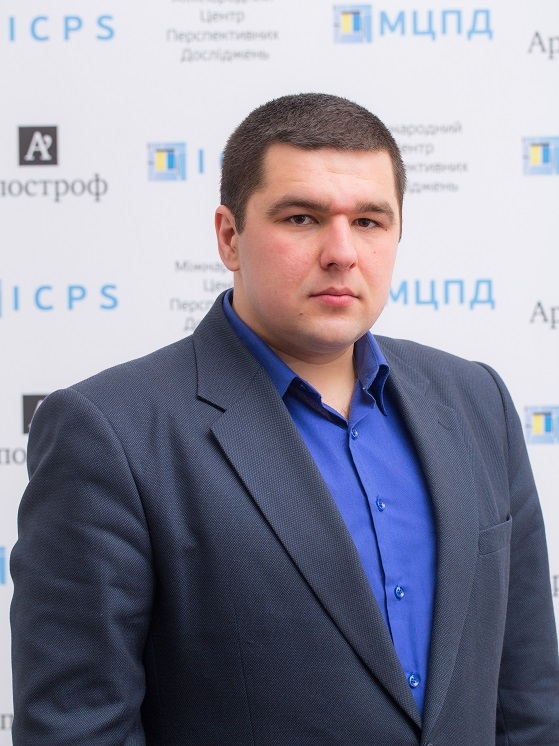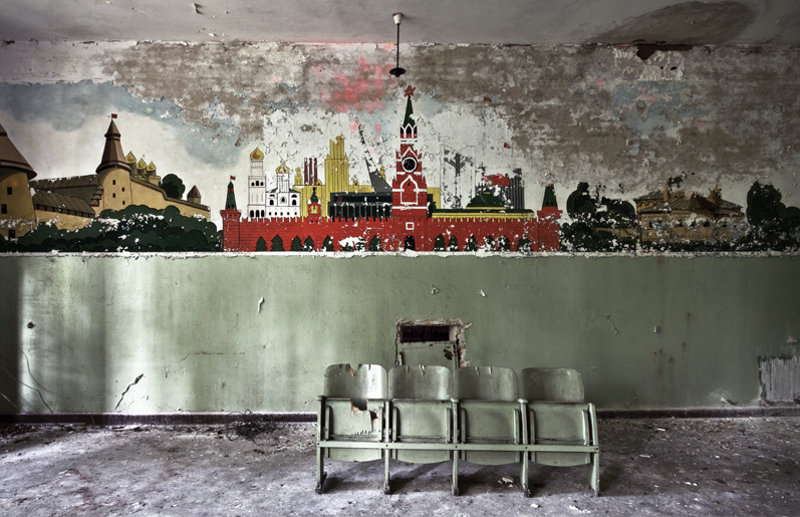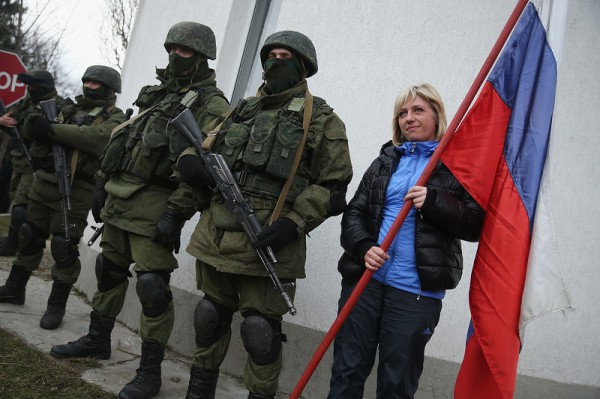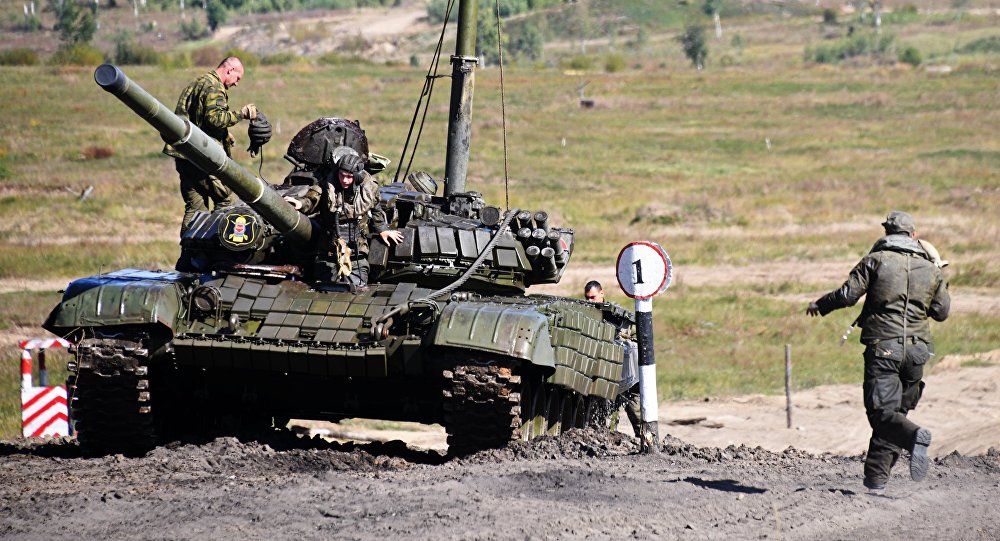Anatoliy Oktysyuk, a Kyiv analyst, says there are four reasons why, however much optimism about the future Ukrainians now have, their country could ultimately fall back under Moscow’s control: diplomatic problems, economic failures, incomplete reform, and the declining importance of ‘the Ukrainian question’ on the international agenda.

In an Apostrophe commentary yesterday, the senior analyst at the International Centre for Policy Studies offers the following pessimistic assessment: “After several electoral cycles, Ukraine could again fall under the influence of the Kremlin.”
To understand the risks they are running and the ways in which they might avoid them, Oktysyuk says, Ukrainians should consider what has happened in Georgia: “After the government changed in this Caucasus country and its Western partners shifted their geopolitical emphases, the Kremlin sharply increased its influence in Tbilisi.”
If Ukrainians are not careful, “Ukraine risks following the Georgian path,” the Kyiv analyst says. As the current crisis drags on, he says, the basic reserves of the country are being exhausted and will not be able to stay out of the Kremlin’s “orbit of influence” at some point in the future.
There are obvious reasons concern both domestic and foreign. At home, he continues, Ukrainian leaders have failed to implement the kind of reforms that will make the country attractive to all its citizens; and abroad, Ukrainian diplomats have failed to “articulate and defend the national interests of the country.”
Indeed, in the latter case, “a real risk exists that ‘the Ukrainian question’ is receding into the background because of the migration crisis in the EU and the Syrian conflict.” If that happens, Ukraine will find itself in much the same position and with many of the same prospects as Georgia.
There are four factors whose existence will allow Russia to “strengthen its influence and pressure on Ukraine,” he says:
- First of all, Oktysyuk writes, “this can occur because of the slowness of reforms,” something the West has insisted on but now views Kyiv as having failed to implement quickly enough. Everyone must understand that “only real reforms will help the country escape its systemic crisis.”
- Second, “the difficult economic system is creating conditions for protest attitudes in society,” something that eventually not only radical and populist parties but more mainstream ones will exploit. And those “pragmatic” ones may then come to power and, as in Georgia, then pursue “a pragmatic economic policy with all partners, including Russia.”
- Third, according to the Kyiv analyst, “the struggle with corruption is the second war and main threat for Ukraine” which still has a corrupt government, the corruption of which not only drains resources but generates apathy and alienation among the Ukrainian people about the value of participation in political life.
- And fourth, Kyiv’s diplomacy is anything but strong, he suggests. As a result, and again like Georgia, Ukraine is at risk of falling off the radar screen of Western leaders, something that will make it easy prey for Russia and the expansion of Russian influence in the country.
“In order not to repeat the Georgian case,” Oktysyuk says, “the Ukrainian authorities must start by destroying the old system and building an attractive country for the life of its citizens.” And that will require the reform of the government apparatus, “which is the main motor of the state machine.”








